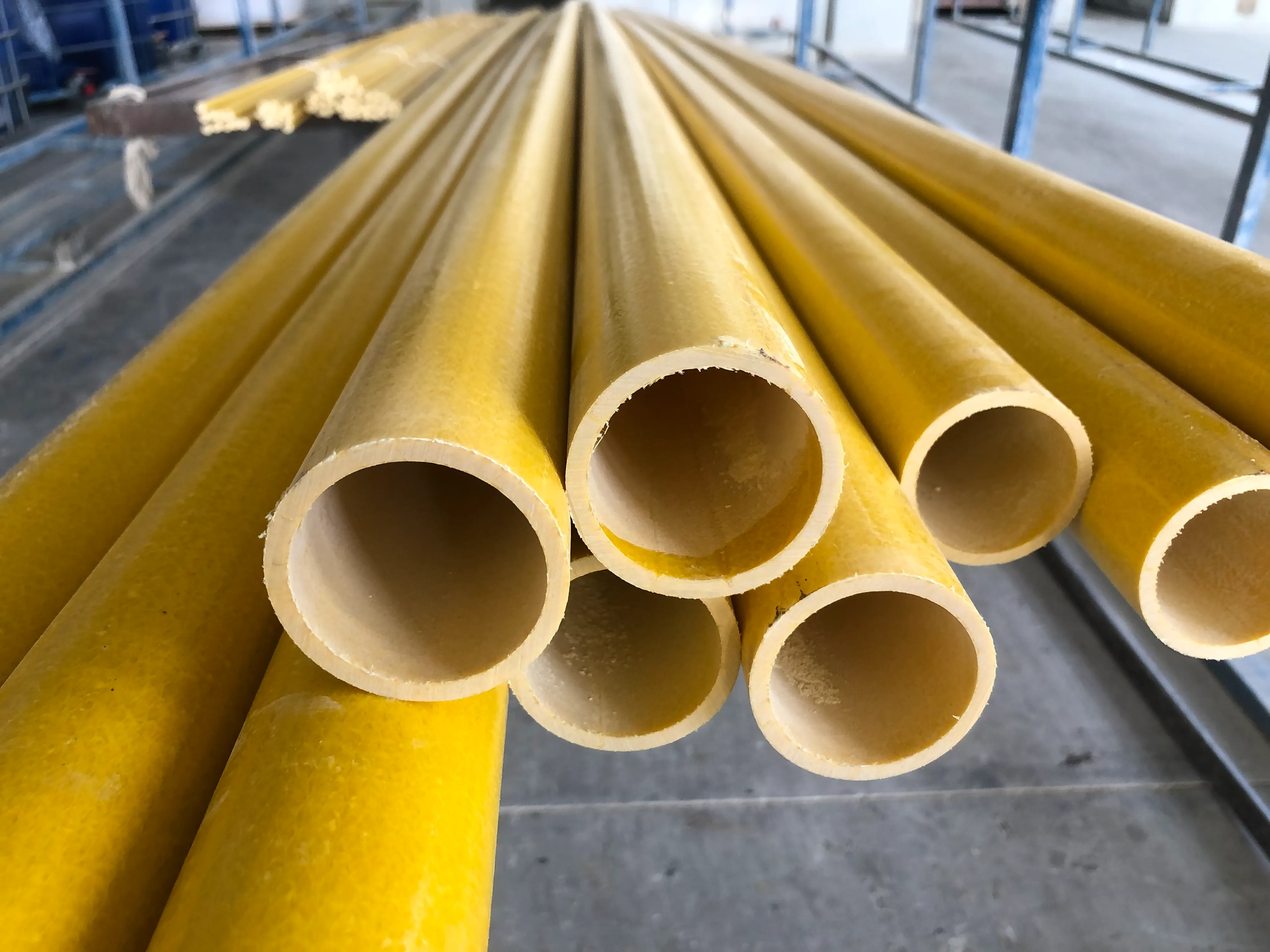loading...
- No. 9, Xingyuan South Street, Dongwaihuan Road, Zaoqiang County, Hengshui, Hebei, China
- admin@zjcomposites.com
- +86 15097380338
- Welcome to visit our website!
Exploring the Benefits and Applications of FRP Round Tubes in Modern Engineering
The Versatility and Applications of FRP Round Tubes
Fiber Reinforced Polymer (FRP) round tubes are gaining significant recognition across various industries due to their unique properties and applications. These tubes are made by combining a polymer matrix with various types of fibers, such as glass or carbon fibers, which enhance their strength and durability. The resulting composite material is lightweight yet incredibly strong, making FRP round tubes a preferred choice for numerous applications.
Characteristics of FRP Round Tubes
One of the most notable features of FRP round tubes is their exceptional corrosion resistance. Unlike traditional materials like steel or aluminum, FRP does not rust, corrode, or degrade when exposed to harsh environmental conditions or chemicals. This quality makes FRP round tubes ideal for use in marine applications, chemical processing plants, and wastewater treatment facilities, where exposure to corrosive substances is a concern.
Additionally, FRP round tubes exhibit excellent strength-to-weight ratios. This means they can withstand significant loads without adding excessive weight to structures or systems. Engineers and designers favor this characteristic when creating components for aircraft, automotive applications, and architectural elements, where both strength and weight considerations are critical.
Another prominent advantage of FRP round tubes is their thermal insulation properties. They provide minimal thermal conductivity, making them suitable for applications requiring thermal efficiency and insulation, such as piping systems in HVAC installations.
Applications of FRP Round Tubes
frp round tube

Due to their myriad benefits, FRP round tubes find applications in a range of industries. In the construction sector, they are increasingly used for reinforcing structures. Their lightweight nature allows for easier handling and installation, which can translate to lower labor costs and faster project timelines. Furthermore, architects and engineers frequently incorporate FRP tubes into innovative designs, taking advantage of their aesthetic appeal and design flexibility.
In the transportation industry, FRP round tubes are employed in the fabrication of parts for vehicles, including buses and trains. These tubes contribute to vehicle lightweighting, improving fuel efficiency and reducing greenhouse gas emissions. Additionally, they are often utilized in the construction of railings, bridges, and other infrastructure where durability and strength are required.
In the energy sector, particularly within renewable energy systems, FRP round tubes are used in wind turbines and solar panel bases. Their resistance to environmental stresses ensures that these renewable energy installations remain efficient and operational over time.
Moreover, in the sports and recreational fields, FRP round tubes are used in the production of equipment such as bicycles, fishing rods, and golf clubs. Their combination of light weight and high strength enhances performance, making them a popular choice among enthusiasts and professionals alike.
Conclusion
FRP round tubes are a testament to the advancements in composite materials technology. Their unique properties, including corrosion resistance, lightweight strength, and thermal insulation capabilities, make them an invaluable resource across various sectors. As industries continue to seek sustainable and efficient solutions, the demand for FRP round tubes is likely to increase. Whether in construction, transportation, energy production, or recreation, FRP round tubes will undoubtedly play a crucial role in shaping the future of material use in numerous applications.
-
Why Choose a Galvanized Water Tank for Your Storage NeedsNewsMay.21,2025
-
The Strength and Durability of FRP GratingNewsMay.21,2025
-
The Importance of Water Treatment Systems for Clean and Safe WaterNewsMay.21,2025
-
The Advantages of FRP Rebar for Construction ProjectsNewsMay.21,2025
-
Say Goodbye to Hard Water with a Reliable Water SoftenerNewsMay.21,2025
-
Maximize Your Water Storage with a Sectional Water TankNewsMay.21,2025
-
The Power of Filter VesselsNewsMay.19,2025
